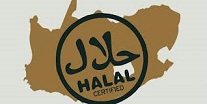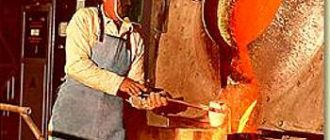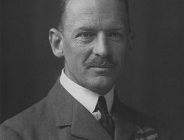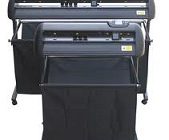Interested in halal certification South Africa Durban? Learn more about the certification bodies in Durban South Africa for halal certified meat…
There are numerous halal certification bodies in South Africa and one such association is the National Independent Halal Trust. It is located at 5770 Topaas and Turquise St., Lenasia Ext 5, 1820, South Africa. Another certification body is the South African National Halal Authority also recognized as SANHA and it is also based in Durban South Africa.
Is Kosher Halal?
Generally kosher food is mistaken for halal food. However, this is a misconception and the food symbolized by K, U or Parve is not allowed. There has been a lot of misrepresented halal food imported from America as far back as the 1980s. This has led to the development of more stringent controls by halal certification bodies.
Function of Halal Certification Bodies in Durban South Africa
Halal certification bodies basically provide information and credibility to any food item that is processed to meet requirements of Islamic food laws. Islam requires the slaughtering of meat and animals with a particular methodology. Furthermore, items like alcohol and pork and their byproducts are not allowed in food items certified as halal.
Basically animals must be slaughtered and the blood is to be let out from the jugular vein as per Islamic law. Furthermore, the food is to be slaughtered in the name of Allah who is the sustainer.
Scientific studies have shown that this methodology is less cruel to the animal as it bleeds gradually and all the germs, toxins and nitrogen in its blood are taken out from the body. This leaves the meat very healthy and clean thereby reducing the chances of disease.
Conversely the slaughterhouse methodology of killing animals in one shocking blow to the neck breaks the neck. This is highly painful and sends the entire body into shock whereby the muscles are contracted and each and every disease-causing item is retained in the blood thereby circulating in the body. Furthermore, since pork and its derivatives and byproducts are forbidden in halal foods it presents a major challenge as they are difficult to trace.
These may include shortening in biscuit and cakes, gelatin in medicines and capsules or perhaps sausage casings. Therefore the halal certification bodies in Durban South Africa cater to the requirements of Muslims by ensuring the credibility of the food they certify.
The two associations are known for their efforts in tracing manufacturers and source of ingredients in each processed item. Furthermore, slaughterhouses are also certified and randomly checked by representatives of the certification body. There are stringent requirements, which must be met for any manufacturer or meat products supplier to obtain the halal certification. Certain products may be manufactured in or outside South Africa. They may even be imported or exported from the country. But if halal certification is required then the precise criteria set up by the association must be met. The main aim of the certifying body is to ensure that it provides the right service to its clients by giving them completely transparent information on what products are allowed as consumable items.





